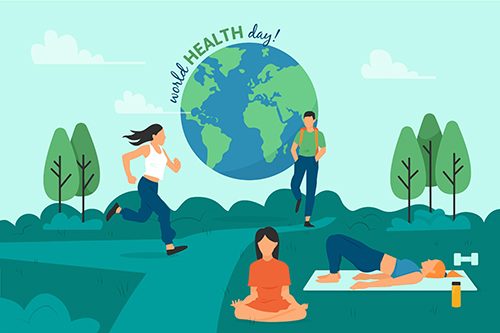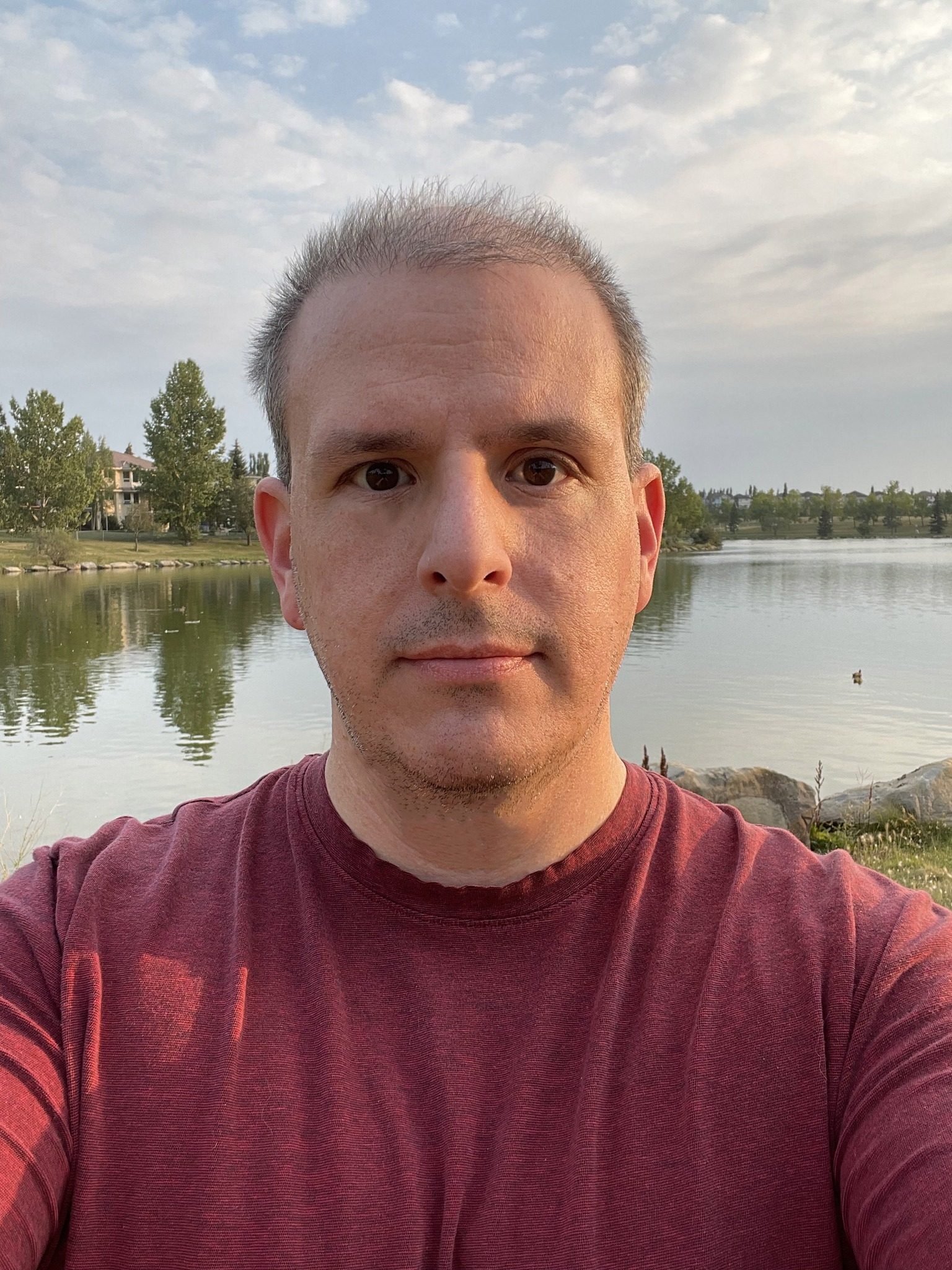World Health Day is celebrated annually on April 7th, and serves as a reminder of the importance of health around the globe – not just for individuals, but also for our entire international community. Persistent threats to global health continue to afflict millions. From diseases and disasters to conflicts and climate crises, the challenges are as multifaceted as they are urgent. As we commemorate this day, it’s imperative to heed the call to action set forth by the World Health Organization (WHO). This year’s theme is ‘My Health, My Right’ which emphasizes the fundamental right of every individual to access quality health services, education, information, clean air, safe drinking water, and more. We will delve into the significance of this theme and explore how empowering individuals with their health rights can pave the way towards a healthier, more equitable future for everyone.
The Global Health Landscape
Around the globe, the right to health is increasingly under threat. International conflicts ravage lives and limit access to essential resources. Persistent diseases continue to claim countless victims. Excessive reliance on fossil fuels compounds the climate crisis and compromises our right to clean air. Shockingly, despite the recognition of health as a human right in the constitutions of over 140 countries, millions of people remain deprived of the most basic health services. In 2021, more than half of the world’s population lacked full coverage of these services, revealing a glaring gap in global health equity.
Empowering Health Rights

The theme ‘My Health, My Right’ is a call for action to ensure that every individual enjoys their inherent right to health and well-being. This encompasses not only access to healthcare services, but also encompasses a broader spectrum of factors such as education, clean air, safe water, nutrition, housing, working conditions, and freedom from discrimination. By empowering individuals with the knowledge of their health rights, we empower them to advocate for themselves and demand the necessary resources and policies to uphold those rights.
Fostering Equitable Access
Central to the mission of achieving health for all is the need to address disparities in access to healthcare and essential services. This isn’t a comparative or wealthy nations versus third-world nations either – even in affluent societies there are the unfortunate who fall through the cracks of the systems designed to protect them. It is unacceptable that millions of people are denied access to life-saving treatments and preventive measures due to socioeconomic factors or systemic barriers. Governments, civil society organizations, and the private sector must collaborate to bridge these gaps and ensure equitable access to healthcare, regardless of one’s background or circumstances.
Building Resilient Health Systems
A critical component of realizing the right to health is the establishment of robust health systems that can withstand the challenges posed by diseases, disasters, and other emergencies. If the Covid pandemic taught the world anything, it was the importance of investing in primary healthcare, disease surveillance, and emergency preparedness. They are all essential components in building resilient health systems that can effectively respond to crises and protect the well-being of populations.
Harnessing Technology for Health Equity

Technology has the potential to revolutionize healthcare delivery and improve health outcomes on a global scale. There have been numerous advancements in telemedicine, mobile health applications, data analytics, and even the application of artificial intelligence. Innovative technologies can expand access to healthcare services, particularly in remote and underserved areas. By harnessing the power of technology, we can bridge gaps in healthcare delivery and promote health equity for all.
Promoting Mental Health and Well-Being
While many still associate the idea of “health” solely with physical health, mental health is an integral component of overall well-being. Sadly, many mental health disorders continue to be stigmatized and neglected, leading to inadequate access to mental healthcare services. On World Health Day, it’s crucial to prioritize mental health awareness and ensure that individuals receive the support and resources they need to thrive emotionally and psychologically.
Advocating for Environmental Health

Environmental factors play a significant role in shaping public health outcomes, from air and water quality to climate change impacts. Not surprisingly, the health of our World directly impacts World Health. On World Health Day, it’s essential to acknowledge that fact and advocate for policies and practices that protect environmental health. If we don’t significantly combat the harmful effects of pollution and climate change, human health will continue to deteriorate. By safeguarding our environment, we can safeguard the health and well-being of current and future generations.
Conclusion
As we observe World Health Day 2024, let us reaffirm our commitment to championing the right to health for everyone. By empowering individuals with their health rights, fostering equitable access to healthcare, and building resilient health systems, we can pave the way towards a healthier, more prosperous future for generations to come. Together, let us strive to make ‘My Health, My Right’ a reality for everyone, everywhere.
It is also important to note that Canadian Public Health Week follows directly afterwards, running from April 8-12, 2024. It is a time for recognizing Canadian contributions to public health, and highlighting issues that need to be improved across the Canadian healthcare system.
If you’re interested in pursuing a challenging and rewarding career in the field of healthcare, please don’t hesitate to get in touch with one of our helpful advisors. Or you can check out more exciting industry blogs right here!
About The Author

Content Editor & Writer, ABM College
As Content Editor at ABM College in Calgary, Alberta, Stephen plays a key role in advancing the college’s mission to provide relevant, high-quality training for today’s job market. He ensures all blog articles and web materials are accurate, clear, and genuinely useful for students, career changers, and industry professionals.
Stephen is also the author of a best-selling historical reference series documenting decades of computer and video gaming history — a body of work recognized by the Canadian Choice Awards.
Connect with Stephen on LinkedIn, explore his published works at Falcon Designs, or see his editorial expertise in action on the ABM College Blog.
